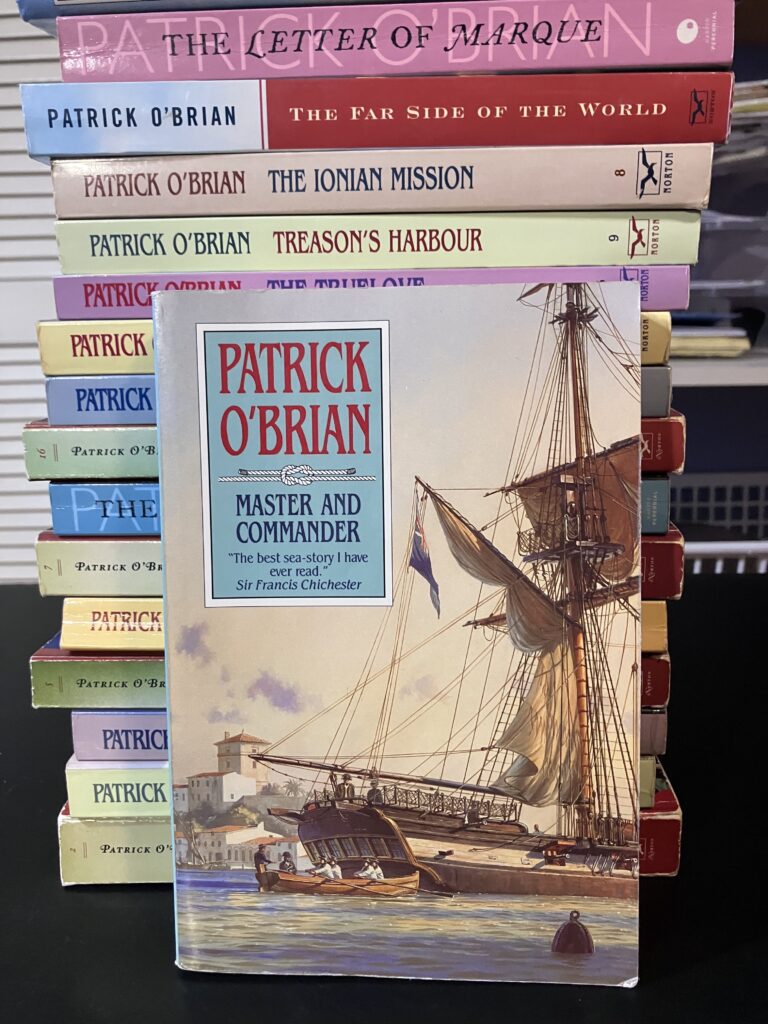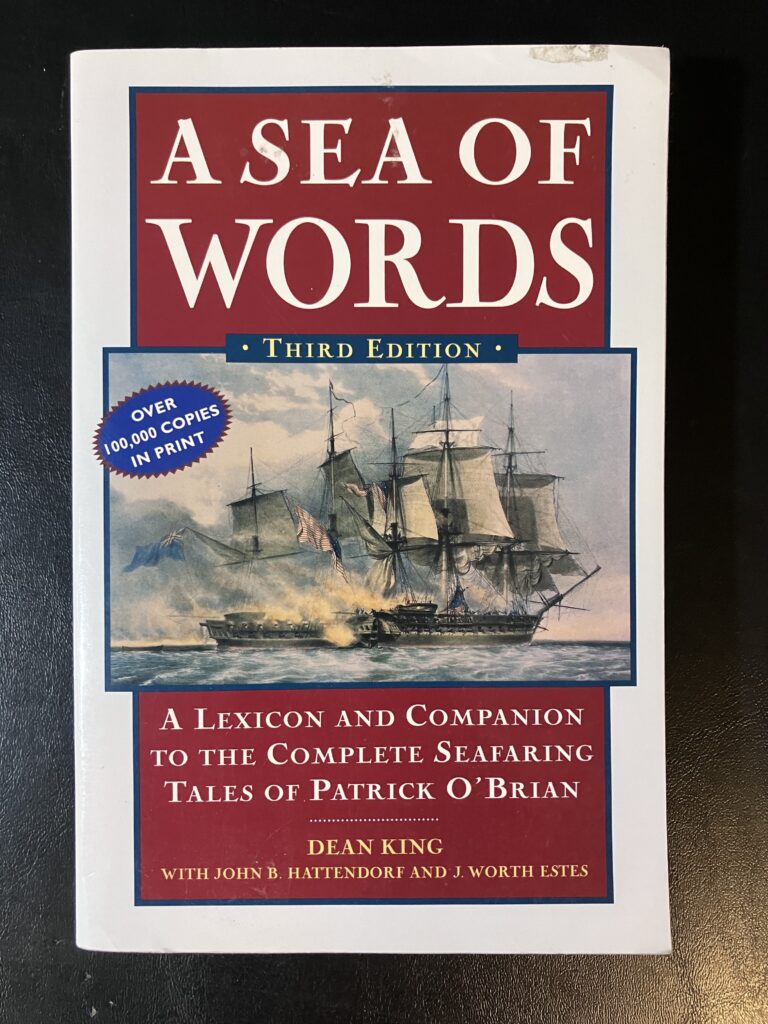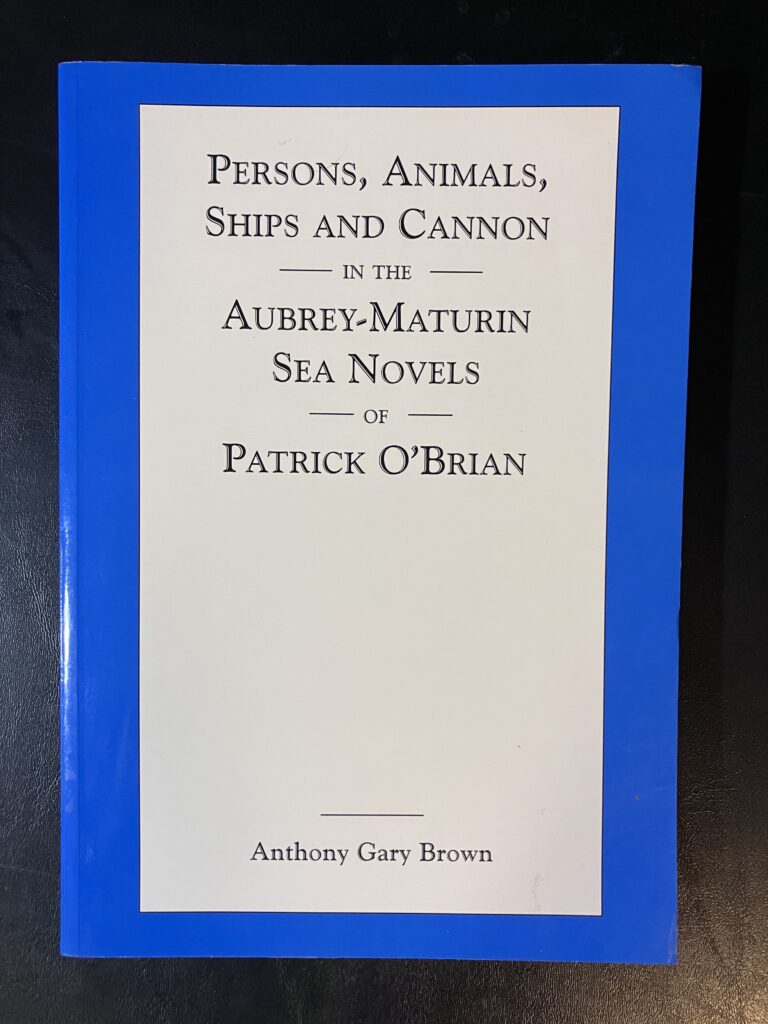There are readers, and there are re-readers. More than once, wonderment was expressed in my hearing of the notion of reading a book one has already read. Which is a fair stance, if considered against the measureless mountains of Books I Haven’t Read Yet.
But there are also those who can revisit a beloved work and always find something new. A reader of my acquaintance read the Narnia series once a year, describing it as a visit with old friends.
I will occasionally tackle the longer Pynchon books, feeling a bit like Sir Edmund Hillary climbing up “Gravity’s Rainbow”. But the perennial is the Aubrey-Maturin series by Patrick O’Brian.
The librarian would probably categorize the twenty-one book series as “sea stories”, akin to Forrester’s Hornblower. But that easy label does no justice to them.
For one, the books are a living breathing world one inhabits, immersive and self-contained, recreating life in the 19th Century during the Napoleonic Wars.
But even more important are the two lead characters, a literary duo up there with Holmes and Watson. Two men completely different in every description, but whose relationship drives the narrative. Captain Jack Aubrey is an officer in the Royal Navy, navigating the hazards and mechanics of a career as a naval officer. Stephen Maturin is a Irish born physician, the “natural son” of an Irish army officer and a Catalan noblewoman.
And this is conveyed in O’Brian’s storytelling, which can be heartbreakingly poignant and laugh-out-loud funny within a few pages.
The curious should start with the first book, “Master and Commander” (the books were the source for the Russell Crowe movie). M&C is required for the set-up and introduction of the characters, the series really catches fire on the second book, takes off on the third, and never looks back. You will encounter a large dose of sailing ship terminology in the first book; slide through it and retain the knowledge that the sailing of a large ship was a complex task executed by a large group of men, some highly skilled, some fuddled “landsmen” who were forced into the Navy by press gangs, a form of spontaneous draft.
If you should fall under the sea spell of these books, essential companions are “A Sea Of Words” by Dean King, and “Persons Animals, Ships And Cannon In The Aubrey Maturin Sea Novels” by Anthony Gary Brown. These two works help out with historical references and the frequent archaic terms (no sailor would be without his “hussif”).


